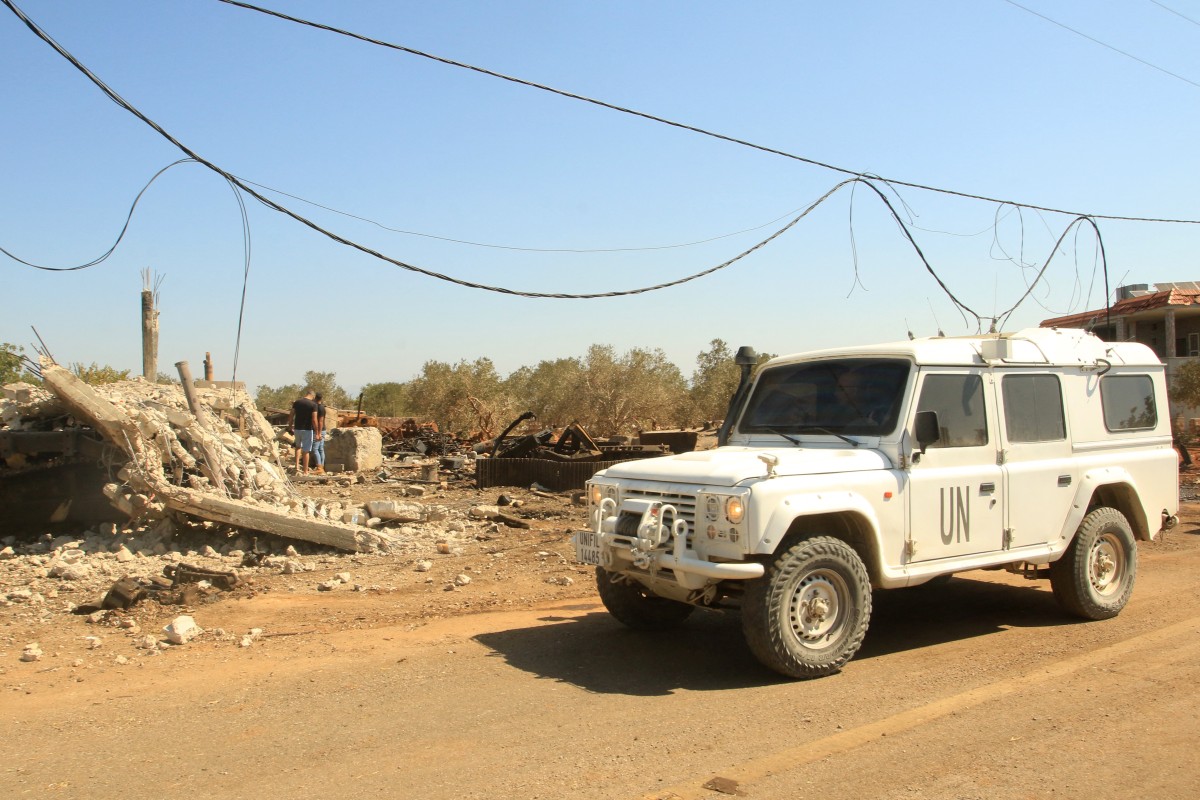Lebanon is approaching a critical crossroads junction as the UN Security Council prepares to vote on August 25 on the future of the United Nations Interim Force in Lebanon (UNIFIL), which has been deployed in the country’s south since 1978.
The French draft resolution submitted to the Council calls for extending UNIFIL’s mandate until the end of August 2026. However, its inclusion of a clear clause expressing the Council’s “determination to work toward its gradual withdrawal,” with the Lebanese government becoming “the sole guarantor of security in southern Lebanon,” signaled a profound shift in the international outlook on Lebanon’s new political reality, following domestic transformations since the election of General Joseph Aoun as president and the appointment of Judge Nawaf Salam as prime minister.
A Pragmatic French Proposal
The pragmatic clause in the French draft reflects Lebanon’s long-awaited bold decision to place all weapons under state control—a policy the government began implementing at the start of this month. This step, which broke with decades of political evasiveness, has opened the door to a brighter phase that may truly lay the foundation for a new Lebanon. Paris seized this momentum and incorporated it into the resolution, aligning with the spirit of Lebanon’s new political stage.
Israel and the United States: Diverging Positions
Within the Security Council, positions remain divided. Washington, though holding veto power, has yet to declare a firm stance. Israel, meanwhile, is pressing hard for UNIFIL’s mission to end, arguing it has failed to prevent “Hezbollah” from entrenching itself south of the Litani River in recent years.
Israeli Foreign Minister Gideon Sa’ar even sent an official letter to his U.S. counterpart Marco Rubio, urging him to push for the mission’s termination. Yet President Joseph Aoun has affirmed Lebanon’s commitment to UNIFIL until the full implementation of Resolution 1701, suggesting that the country’s new leadership is pursuing a pragmatic approach aimed at preserving stability in the south until state authority is firmly established.
Historical Milestones and Sacrifices
UNIFIL was established by Security Council Resolutions 425 and 426 on March 19, 1978, to confirm Israel’s withdrawal from Lebanon and to help restore international peace and security. After the 2006 July War, the Council bolstered UNIFIL’s mandate through Resolution 1701, entrusting it with additional tasks in close coordination with the Lebanese army.
However, the latest “support war” waged by “Hezbollah” on October 8, 2023, in solidarity with Gaza, exposed UNIFIL and its positions to criticism and attacks from both Israel and Hezbollah alike, forcing the force to endure significant sacrifices.
Lebanon’s Bold Decisions and the “Barrack Paper”
Cabinet decisions issued on August 5 and 7—mandating exclusive state control of weapons and instructing the army to devise a comprehensive plan to achieve this by the end of 2025—marked a turning point in Lebanese politics.
These decisions boosted confidence in U.S. envoys Tom Barrack and Morgan Ortagus, who arrived in Beirut earlier this week. Their much-discussed “Barrack Paper” laid out a clear timetable for disarming illegal groups in exchange for a phased Israeli withdrawal from the south, placing the Lebanese army at the center of the security equation.
Nawaf Salam: Between Domestic Pressure and External Expectations
Prime Minister Nawaf Salam finds himself balancing fragile internal dynamics, with “Hezbollah” refusing outright to surrender its weapons. Its deputy secretary-general, Sheikh Naim Qassem, has openly warned of the threat of civil war, while party members staged motorcycle rallies in Beirut’s southern suburbs in defiance.
Yet Salam has insisted that no negotiation process can succeed without U.S. and international pressure on Israel to end its violations, withdraw from five disputed border points, and release Lebanese detainees.
Possible Scenarios After the Vote
As the August 25 vote nears, three main scenarios loom for Lebanon. The first—and most likely—is a conditional extension of UNIFIL with the start of a gradual drawdown. The second involves a potential U.S. veto or amendments to the French text. The third, an immediate or disorderly withdrawal, is considered unlikely for now, as it could create a dangerous security vacuum and heighten the risk of military confrontation.
A Historic Opportunity or Another Dead End?
Caught between French pragmatism, Israeli pressure, and divided domestic stances, Lebanon stands at a historic crossroads. The upcoming Security Council vote is more than a technical procedure—it is a decisive moment that will shape the country’s future: either embarking on the path of a strong and inclusive state, or sliding back into the cycle of stagnation that has drained it for over four decades.
The silver lining may lie in U.S. envoy Morgan Ortagus’s acknowledgment that Washington’s reservations about UNIFIL’s renewal remain open to discussion. In the meantime, UNIFIL continues its operations. The mission recently announced a field operation in southern Lebanon where, in coordination with the Lebanese army, its troops “discovered a tunnel about 50 meters long and a cache of unexploded ordnance near Qusayr.” According to Resolution 1701, the findings were handed over to the Lebanese army. UNIFIL emphasized that it “continues to patrol, monitor, and work alongside the Lebanese army to help restore stability and security in its area of operations.”
Please post your comments on:
[email protected]
 Politics
Politics







